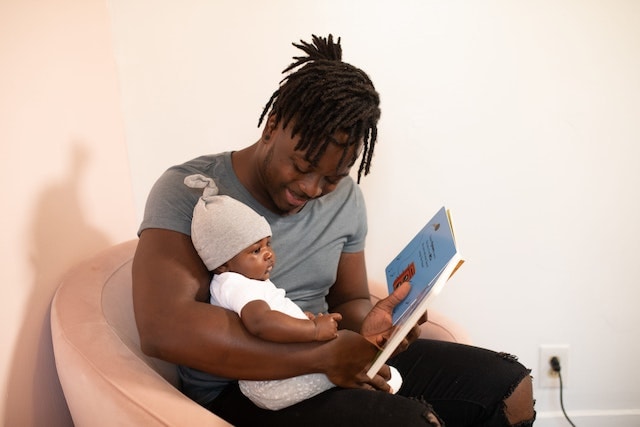6 Ways Dads Are Super Dads
Let’s face it from paper towel commercials to PTA meetings: Moms are assumed to be the default parents.
That is a progressively outdated idea that does not reflect reality. Fathers are becoming more and more engaged with their children’s lives. American dads today invest nearly 7.5 hours a week with their kids, triple the 2.5 hours a week they spent with their offspring in 1965, according to a 2011 Pew Research Report. And nearly half of those fathers wish they might spend even more time with the kids.
Dads tend to vary from moms in their parenting techniques. Though it’s not a competition, there are numerous things that fathers do much better.
1. Playing rough
Numerous years of research suggest that fathers are most likely to roughhouse than moms.
“Although these are generalizations, plenty of dads have a notable strength in physical play and rough-and-tumble play,” said Larry Cohen, a psychologist in Boston and author of “Playful Parenting” (Ballantine Books, 2002).
Roughhousing can be specifically practical in the teen years when most youngsters get the message that there are only two types of touch: aggressive and sexual. Tickling or pillow fights can teach kids that there is a multitude of touches that do not fit into either classification. Additionally, there are friendly, affectionate, and lively touches.
Oxytocin, the cuddle chemical that is released when moms nurse their infants, is also launched when parents take part in roughhousing with their kids, Cohen stated.
2. Unwind, guy
While there are definitely overprotective, “helicopter” dads and laid-back moms, guys tend to be more relaxed in their parenting design, Cohen said.
“I had a [male] buddy who would say to their kids, ‘Don’t call me unless someone’s bleeding,'” Cohen stated.
Helicopter parenting can undermine a kid’s sense of proficiency and self-confidence, Cohen stated. Men typically have more tolerance for messes and scrapes. They are more prepared to let their children pick themselves back up, building the kids’ sense of confidence and durability.
3. Shoulder-to-shoulder
Men tend to participate in more shoulder-to-shoulder activities with their children. That might mean seeing a motion picture together, working side-by-side on a crafts project, or going on a hike.
Moms tend to operate in face-to-face methods, which constructs psychological intimacy. Fathers are experts at mentoring kids. They let them know that they’ve got someone in their corner.
“Shoulder-to-shoulder helps develop skills and self-confidence, and it’s because somebody’s in there with you, doing things with you,” Cohen stated.
4. They appreciate it more
According to a 2013 research study in the journal Psychological Science, Dads might get more out of their functions as parents. In several research studies, dads report experiencing more meaning, happiness, and positive emotions in their lives than single women and men. Moms didn’t show quite the exact same increase in joy. Since mothers feel more stress from childcare and household chores than fathers do.
5. Love matters.
Both dads and moms must supply warmth and love. According to a 2012 research study in the journal Personality and Social Psychology Review, a father’s acceptance might be the most essential.
“Knowing that kids feel liked by their dad is a better predictor of young adults' sense of well-being, of happiness, of life fulfillment than knowing about the extent to which they feel liked by their mothers,” study co-author Ronald Rohner told LiveScience.
6. Maternal misconceptions.
Still, the idea that mothers are much better than fathers persists. Some of that might be because of the understanding that females come prewired with a maternal impulse that guys simply can’t match. That idea is also being dismantled.
In a 2013 research study in the journal Nature Communications, researchers found that fathers are just as excellent as moms at identifying their infants' cries. This suggests that the fathers invest the same quantity of time with their kids as the moms do.
And new fathers show increased levels of the love hormonal agent oxytocin in the weeks after their children’s birth, according to a 2010 research study in the journal Biological Psychiatry.
All these studies recommend that modern representations of parents might need an update. Instead of showing mothers tidying up after a bumbling dad, commercials could be more accurate by showing fathers who teach their kids to tidy up their own messes.
You May Also Like
Single Father by Choice
While many iconic single fathers were thrust into single parenthood …
How Fatherhood Contributes To Fitness And Healthy Living
When it comes to fitness and personal hygiene, most men generally …
Joint Custody: 10 Strategies for Co-Parenting with an Uncooperative Ex
Almost six years ago, when the mother of my children and I divorced, …





